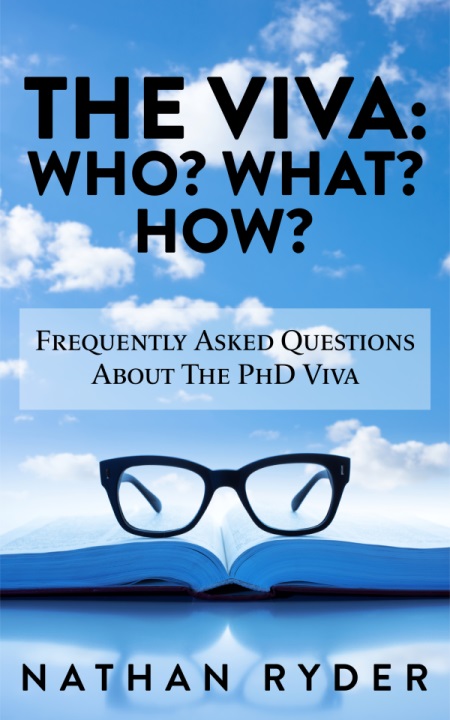They being The Examiners of course. The all-seeing, all-knowing Examiners. Yikes! I often encounter candidates with a fear that Examiners are trying to find a way to really make them uncomfortable, and pull their work apart. Now, hopefully if you’re reading this you don’t think or feel that way – but you might still be worried about how “bad” questions can get. So:
What’s the worst question they can ask?
I’ve mulled this over for some time, and have several possibilities:
They could ask a question not in your field. Despite being a mathematician they ask you about Art in Florence during the American Revolution. If you’re a historian, they could ask you to derive general relativity from first principles.
Except that’s not going to happen. Your examiners want to know about your research and you as a researcher. Asking about a topic that is genuinely out of your field is not going to be productive in assessing your PhD worthiness.
They could ask you a question that you have never considered. They could ask something speculative or something that you have to reason out from first principles. It might be about applying your techniques or methodology to data that you don’t have access to. Or they could ask you to think about something with very little information to hand.
But is that so bad? If you’ve got to the viva you’re up to the task. You have spent three or more years learning how to think as a researcher. Your examiners are not going to ask something totally beyond someone in your field: they would reasonably expect that this is something you can do.
And you can.
These two possibilities aren’t so bad. Is there no worst question?

